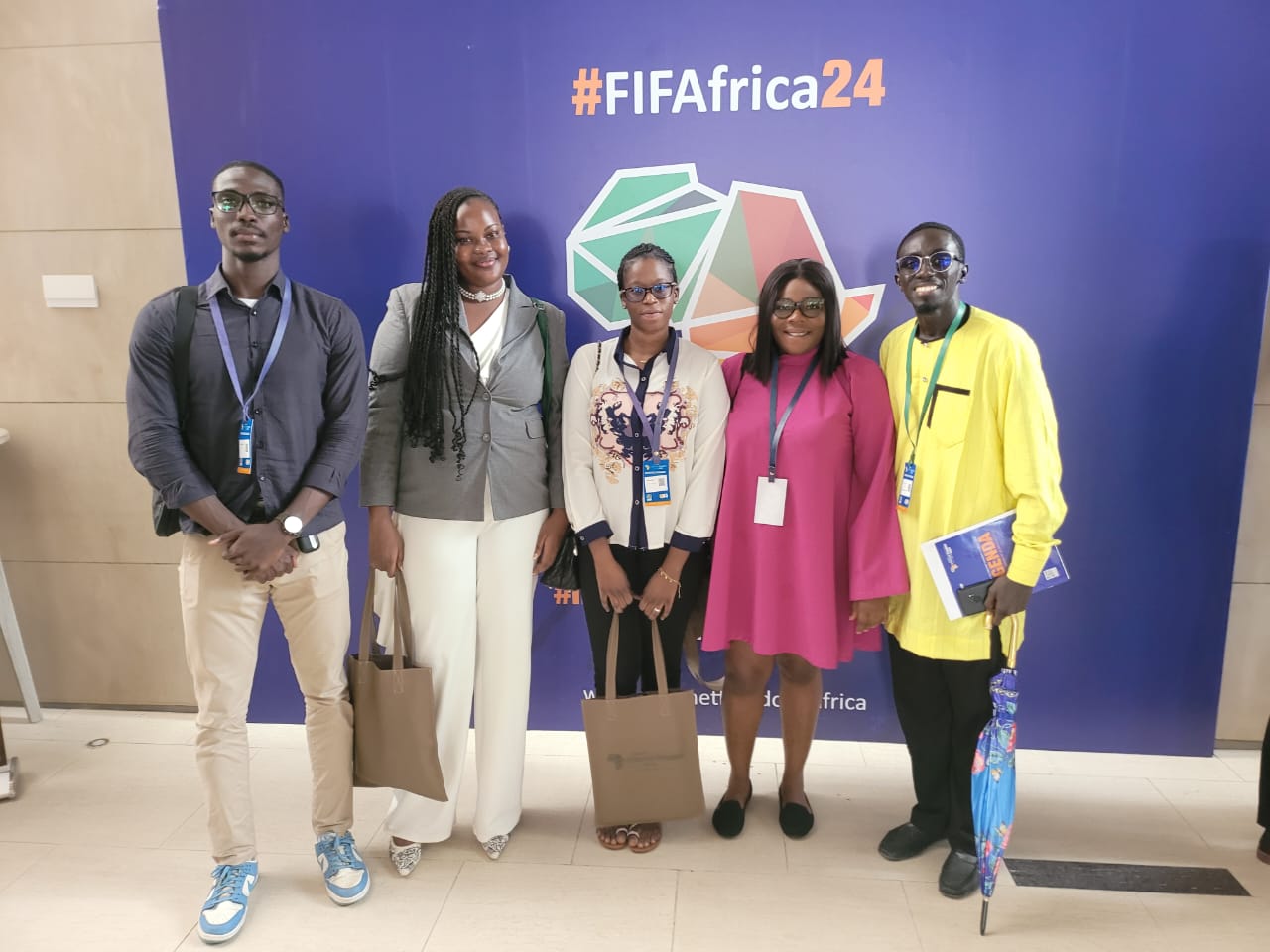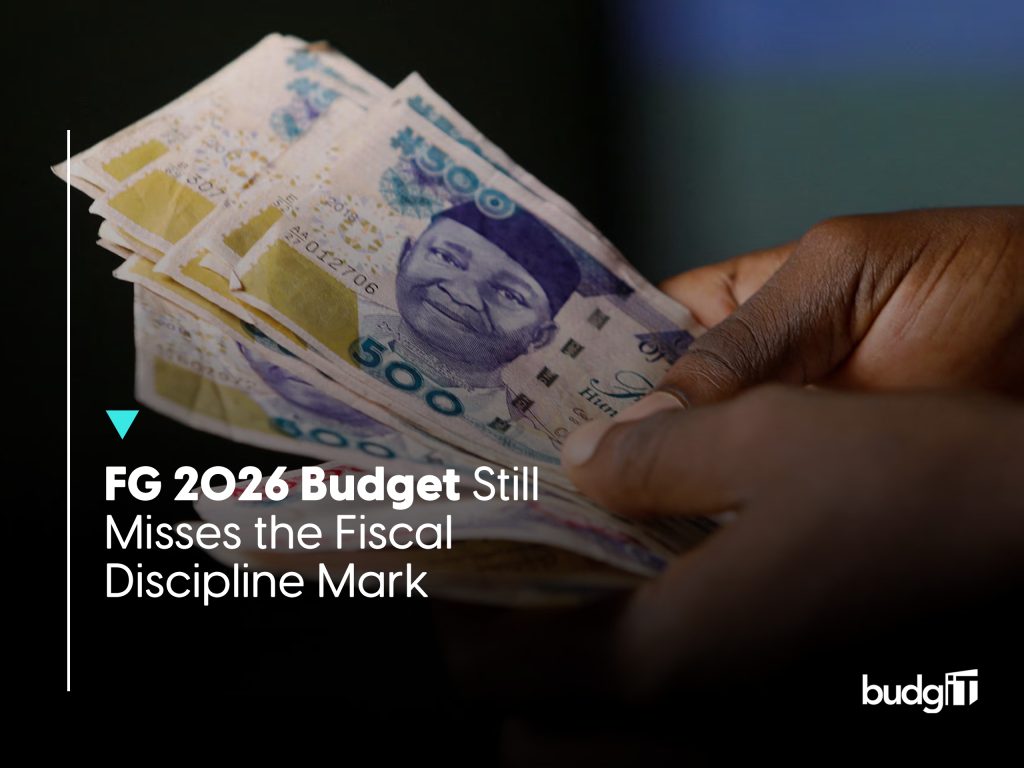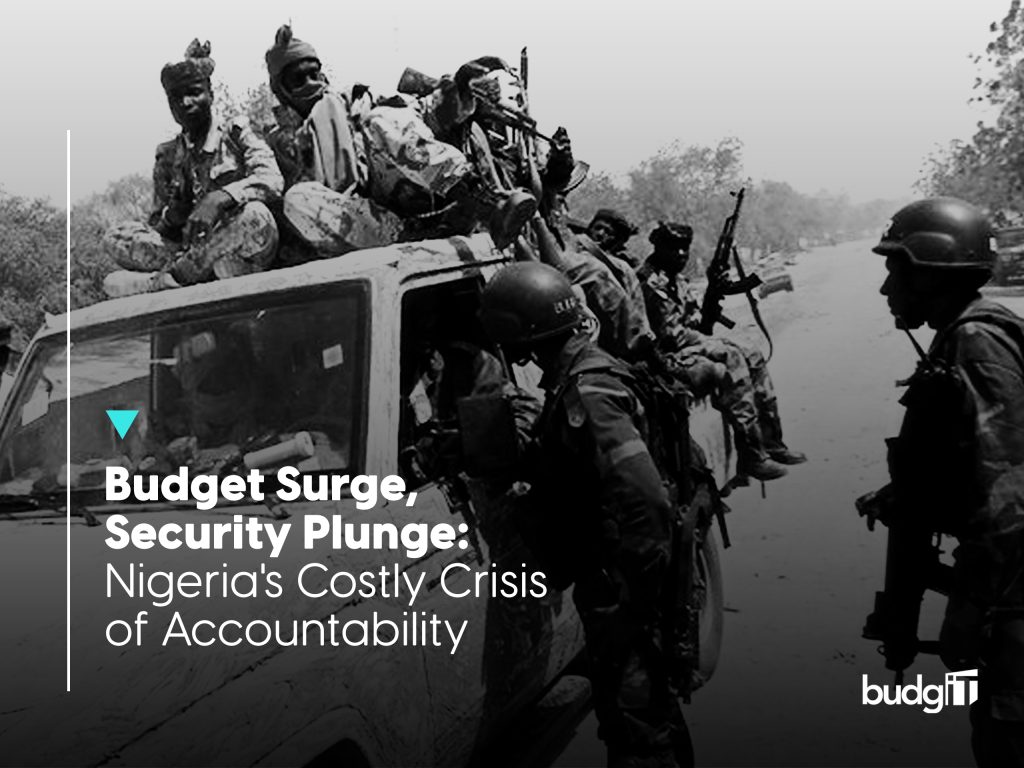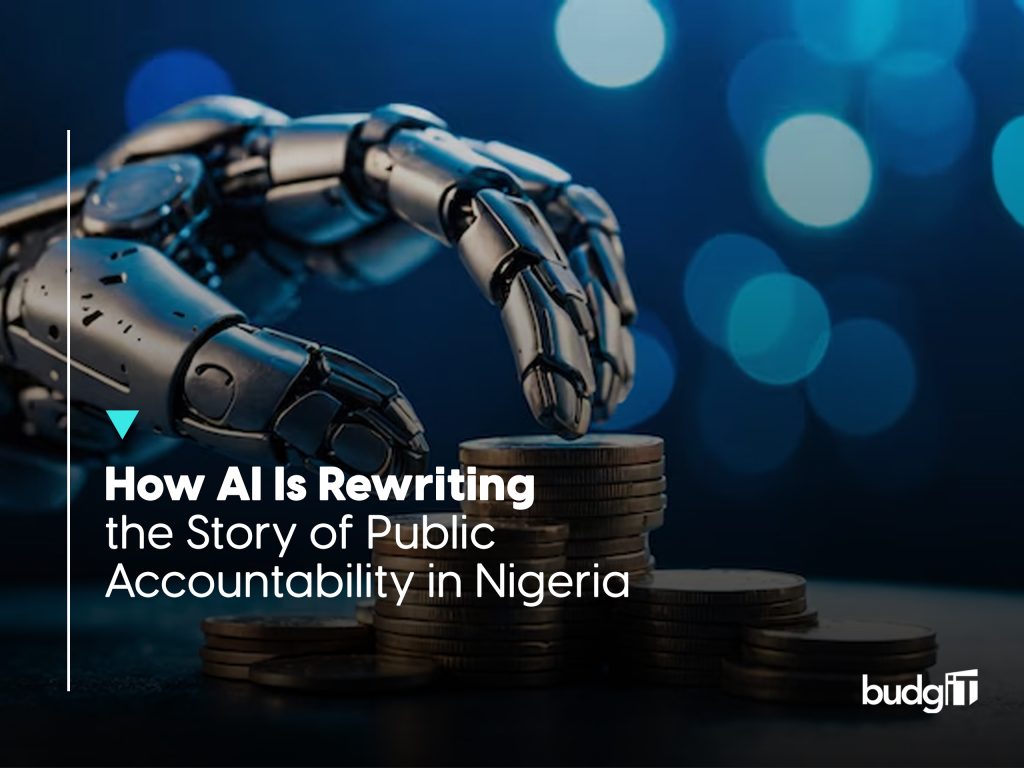BudgIT’s participation at the 11th edition of the Forum of Internet Freedom in Africa (FIFAfrica) was necessitated by the urgent need to address internet freedom barriers in Sub-Saharan Africa. As a civic tech organisation, BudgIT is dedicated to enhancing government transparency and accountability through digital tools, making complex public budget data accessible to citizens.
At the Forum of Internet Freedom in Africa, BudgIT joined other digital rights activists from major technology organisations such as Meta, policymakers, and civil society to explore the intersections of technology, internet freedom, and democratic governance. The forum allowed for the exchange of experiences across the continent and fostered essential recommendations for strengthening Africa’s digital future.
One of the sessions that stood out was the “Progressing Policy Change: Leveraging Stakeholders Engagement for Reform” session by Meta’s Conor Sanchez, which spotlighted avenues for influencing social media policy and the need for moderation practices in the digitally changing society. While speaking on privacy policies, Sanchez stressed how social media can be easily used as a means for cyberbullying; thus, the necessary safety measures by Meta to protect the privacy and voice of individuals while ensuring their safety, improving authenticity and maintaining dignity.
Conor Sanchez from Meta led one of the key sessions at FIFAfrica 2024, titled “Progressing Policy Change: Leveraging Stakeholder Engagement for Reform.” This session focused on the evolving role of social media in the digital age and emphasised the critical importance of these platforms in shaping public discourse and influencing policy change. Sanchez highlighted how social media has become a powerful tool for civic engagement, but he also acknowledged the potential for its misuse, particularly in cases involving cyberbullying, privacy violations, and the spread of disinformation.
To counter these threats, Sanchez outlined Meta’s multi-faceted approach to implementing safety measures that protect user privacy, uphold freedom of speech, and maintain the authenticity and dignity of online interactions. These measures include stricter content moderation, improved algorithms to detect harmful content, and policies designed to create a safer user environment without stifling free expression. He emphasised Meta’s ongoing commitment to balancing user rights with the need to combat harmful online behaviours, stressing the complexity of moderating billions of users across diverse cultural and regulatory landscapes.
During the session, a critical discussion emerged around the balance between social media regulation and freedom of expression. While social media platforms play an essential role in enabling free speech, particularly in regions where traditional media may be restricted, they must also ensure that these platforms do not become conduits for harm. Meta’s approach, as presented by Sanchez, is to ensure that social media remains a safe and inclusive space while addressing harmful behaviours like cyberbullying, hate speech, and disinformation.
However, this approach raised concerns for civic tech organisations like BudgIT, which rely on social media platforms to disseminate critical information, promote transparency, and engage citizens in governance, public finance, and electoral participation. Content moderation policies sometimes result in the unintentional blocking or flagging of legitimate content, particularly around sensitive topics like elections. This presents a significant challenge for civic organisations working to inform and empower citizens through social media.
Deborah Osayomore, BudgIT’s International Program Officer, raised these concerns during the Q&A session, noting that some of BudgIT’s Facebook ads and posts, which aim to promote civic engagement and educate citizens on their rights, have been rejected under Meta’s policy on election-related content. She highlighted that, despite the legitimacy and importance of these posts, they were flagged as potentially problematic due to Meta’s blanket rules on political advertising and election-related content. This has, at times, hindered BudgIT’s ability to reach its target audience effectively, especially during crucial periods leading up to elections when informing citizens is most important.
In response, Sanchez acknowledged the challenges faced by civic organisations and explained that content restrictions are often country-specific, varying based on local laws and regulatory environments. He encouraged organisations like BudgIT to engage directly with Meta’s content moderation team to ensure that legitimate civic content is not unfairly restricted. Sanchez also offered to review specific instances where content had been flagged or blocked, noting that Meta is committed to working with civil society to prevent undue content restrictions that advocate for transparency, accountability, and social good.
Building Collective Resilience: Collaboration in Promoting & Defending Digital Civic Space in Africa
CIPESA focused on the crucial role of collaboration in promoting and defending digital civic space in Africa. This session highlighted the challenges faced predominantly by Africans and civil society organisations in the digital age, such as internet shutdowns, censorship, and cyber-attacks, which continue to threaten democratic participation. Concerns like the digital divide were identified as persistent barriers to inclusivity, particularly for underserved communities and people with disabilities.
Another pressing issue discussed was the erosion of digital freedom of speech in Africa. Instances like the arrest without warrant of Bassirou Diomaye Faye in Senegal in 2023 due to a critical Facebook post criticising the jurisdictional instances around his political leader’s case of defamation, Ousmane Sonko. Such incidents can lead to a chilling effect, discouraging citizens from participating in digital civic engagement.
Gender-based violence and online harassment also surfaced as significant concerns, especially in the political space. Rokhaya Faye, a participant, noted the case of Anta B. Ngom, a female presidential candidate in Senegal, who faced severe discrimination online.
Recommendations from the session were that the use of digital platforms for civic engagement must be supported by stronger regulations that promote inclusion, transparency, and democracy.
Paving the Way for AI Regulations: Leveraging AI for Democracy
On Thursday, September 26, 2024, discussions on AI regulations in Sub-Saharan Africa took centre stage. Digital rights experts and stakeholders discussed how Artificial Intelligence (AI) policies in the region are advancing to the level of global standards and how AI could potentially transform everything from economic development to democratic governance—the potential for misuse in the spread of disinformation or the restriction of free speech was a recurring factor. In the meantime, though some African countries have introduced laws to mitigate these risks, concerns persist about how these laws are sometimes used to suppress dissent and hamper digital rights.
Dr Eileen Carter from the South African Human Rights Commission identified vital challenges such as AI-generated misinformation, restrictions on freedom of speech, and a lack of regulations protecting internet users. To address these issues, the session shared potential solutions, opportunities for collaboration, and actionable resilience strategies.
It also emphasised the crucial role of civil society organisations in advocating for fair and ethical AI policies, particularly in the context of elections. By engaging in capacity-building and advocacy, these organisations can help ensure that AI’s benefits are widely accessible and not misused for political control. The challenge remains to harness the power of AI for good while safeguarding against its potential dangers.
The State of Internet Freedom Report
The highlight of the conference—the 2024 State of Internet Freedom in Africa Report launch, provided valuable insights into the complex relationship between technology and elections across the continent. The report highlighted the promises and challenges technology presents for democratic governance. Key findings include:
- Digital Authoritarianism—where it was noted that many African governments are increasingly using technology to repress civic participation through internet shutdowns, censorship, and surveillance.
- AI-enabled disinformation, which flags the spread of disinformation through AI-generated content, is a growing concern.
- Digital Divide: A section that explores how the persistent digital divide exacerbates political inequalities, limiting the ability of marginalised groups to participate in democratic processes.
The report also highlighted some recommendations, which are to:
- Strengthen Digital Rights Protections: Governments must adopt legal frameworks that protect privacy and digital rights, especially during elections.
- Increase Accountability: Civil society, the media, and academia must hold governments accountable for digital rights abuses and promote internet freedom.
- Combat Disinformation: Collaborative efforts between election bodies, tech platforms, and civil society should focus on combating disinformation, especially AI-generated false content.
- Close the Digital Divide: Investments are needed to expand internet access and digital literacy, particularly in marginalised communities.
- Innovate Election Technologies: Transparent processes for adopting election technologies are essential for building trust and ensuring the integrity of elections.



